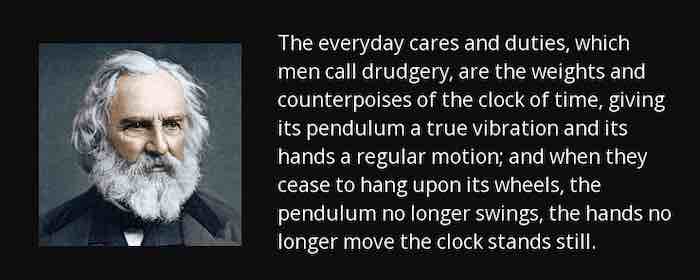By Jimmy Reed ——Bio and Archives--November 13, 2020
Lifestyles | CFP Comments | Reader Friendly | Subscribe | Email Us
 While driving to work, I noticed a sign draped over a hospital’s entrance that read, “Thanksgiving is for giving thanks.” Ho-hum, I thought. Far from being in a thankful mood, I was dejected, unhappy, wallowing in self-pity, due primarily to my wife’s failing health, which required me to become what I was never meant to be: a nurse. The struggle was futile, I knew; her days were numbered. Death would soon take her, ending our long marriage.
While waiting for a signal light to change, I glanced again at the sign and grunted disapprovingly. Then I saw a family in the parking lot, loading a child into a van. Imprisoned for life in a wheelchair, the boy’s legs were little more than fleshless bones, his arms flailed uncontrollably, his head weaved and bobbed, saliva dripped from his chin, and his eyes were fixed in a hopeless stare.
While driving to work, I noticed a sign draped over a hospital’s entrance that read, “Thanksgiving is for giving thanks.” Ho-hum, I thought. Far from being in a thankful mood, I was dejected, unhappy, wallowing in self-pity, due primarily to my wife’s failing health, which required me to become what I was never meant to be: a nurse. The struggle was futile, I knew; her days were numbered. Death would soon take her, ending our long marriage.
While waiting for a signal light to change, I glanced again at the sign and grunted disapprovingly. Then I saw a family in the parking lot, loading a child into a van. Imprisoned for life in a wheelchair, the boy’s legs were little more than fleshless bones, his arms flailed uncontrollably, his head weaved and bobbed, saliva dripped from his chin, and his eyes were fixed in a hopeless stare.“The everyday cares and duties, which men call drudgery, are the weights and counterpoises of the clock of time, giving its pendulum a true vibration and its hands a regular motion; and when they cease to hang upon its wheels, the pendulum no longer swings, the hands no longer move, the clock stands still.”The saying, along with the sign I’d read that day, and the sad scene in the hospital parking lot, put me in a pensive mood. I began to ponder the real nature of thankfulness. How thankful would that little boy be if he could perform the everyday cares and duties that I consider drudgery? How happy would he be if he could control his body, as I control mine? How sad is he when he sees other children playing with each other, knowing that he will never play? How thrilled would he be if he could sit in one of my classrooms, take notes, ask questions, and be eager to study and learn — tasks that many of my students consider drudgery? How blessed and thankful would he be if the weights and counterpoises of the clock of life gave his existence a regular motion? I closed my eyes, bowed my head, and made a confession to myself and to the God who made that little boy and me: I take too much for granted; I’m not thankful enough. If I were, I would view the drudgery of life as necessary — nay, vital — to the true vibration and regular motion that measure earthly existence. They are what Wordsworth called them: the weights and counterpoises of the clock of life.
View Comments
Jimmy Reed is an Oxford, Mississippi resident, Ole Miss and Delta State University alumnus, Vietnam Era Army Veteran, former Mississippi Delta cotton farmer and ginner, author, and retired college teacher.
This story is a selection from Jimmy Reed’s latest book, entitled The Jaybird Tales.
Copies, including personalized autographs, can be reserved by notifying the author via email (.(JavaScript must be enabled to view this email address)).